A village for polio victims
The project’s goal was to construct a village to welcome 250 polio victims on a plot of land bought by the Swiss-Sierra Leone Development Foundation in the Bombali district, and donated to the Makeni association of polio victims. The construction of the village aimed to restore hope and dignity by providing them with clean and safe accommodation, and training inhabitants in income-generating activities.
The village project built living quarters, vocational training workshops, showers and toilets, as well an area to gather to hold discussions. The inauguration took place in May 2011 in the presence of the President of Sierra Leone, accompanied by several prominent figures in his government. The vocational training workshops were set up to provide training in tailoring, carpentry, shoemaking and blacksmithing.
In 1988, Harald Pfeiffer, a Swiss physiotherapist took 6 months leave to work as a volunteer in a leprosy hospital in Sierra Leone. Once back in Switzerland and with the help of donors and family, he developed a humanitarian action for Sierra Leone, forming in 1996 the Swiss-Sierra Leone Development Foundation (SSLDF).
Type
Health / Community DevelopmentDuration
January 2010 - December 2010Location
Sierra LeoneWith whom
Swiss-Sierra Leone Development Foundation (SSLDF)
Website
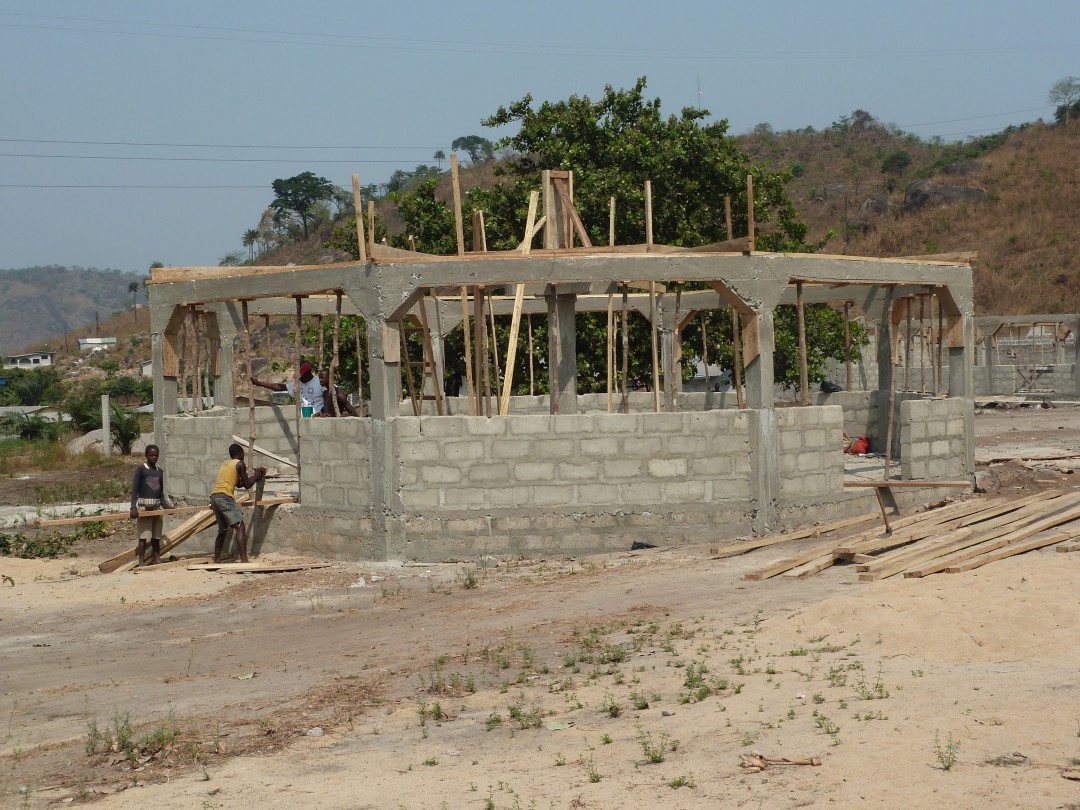
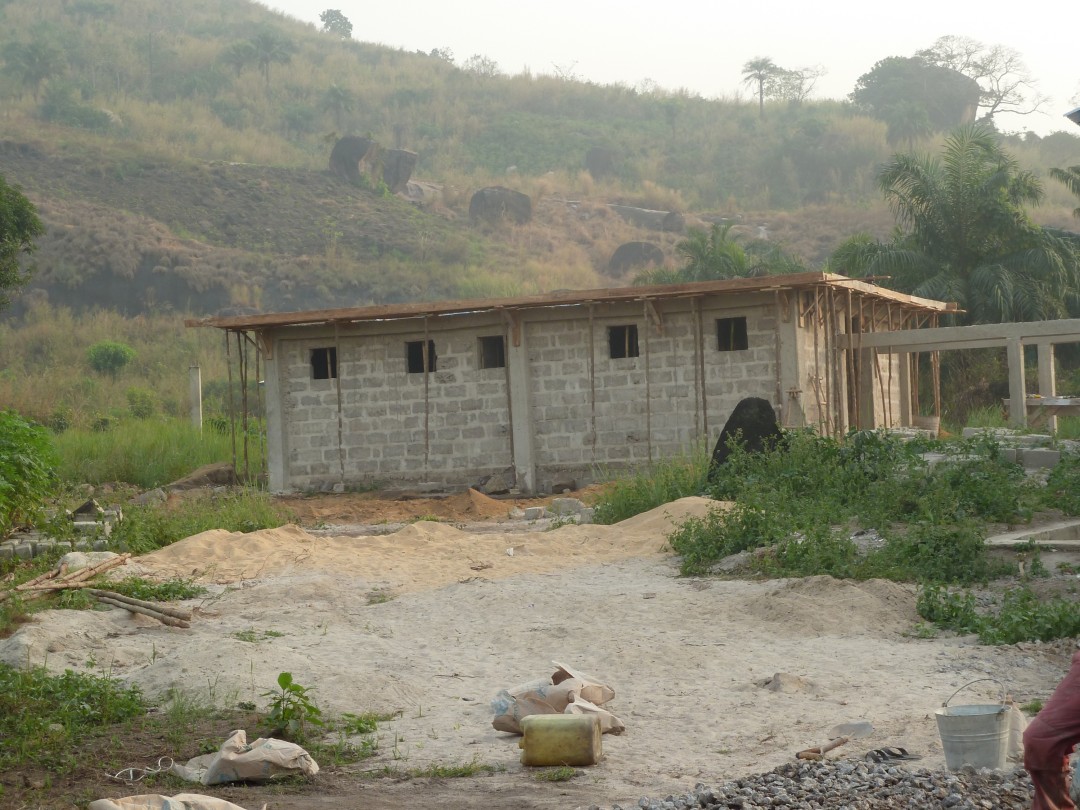
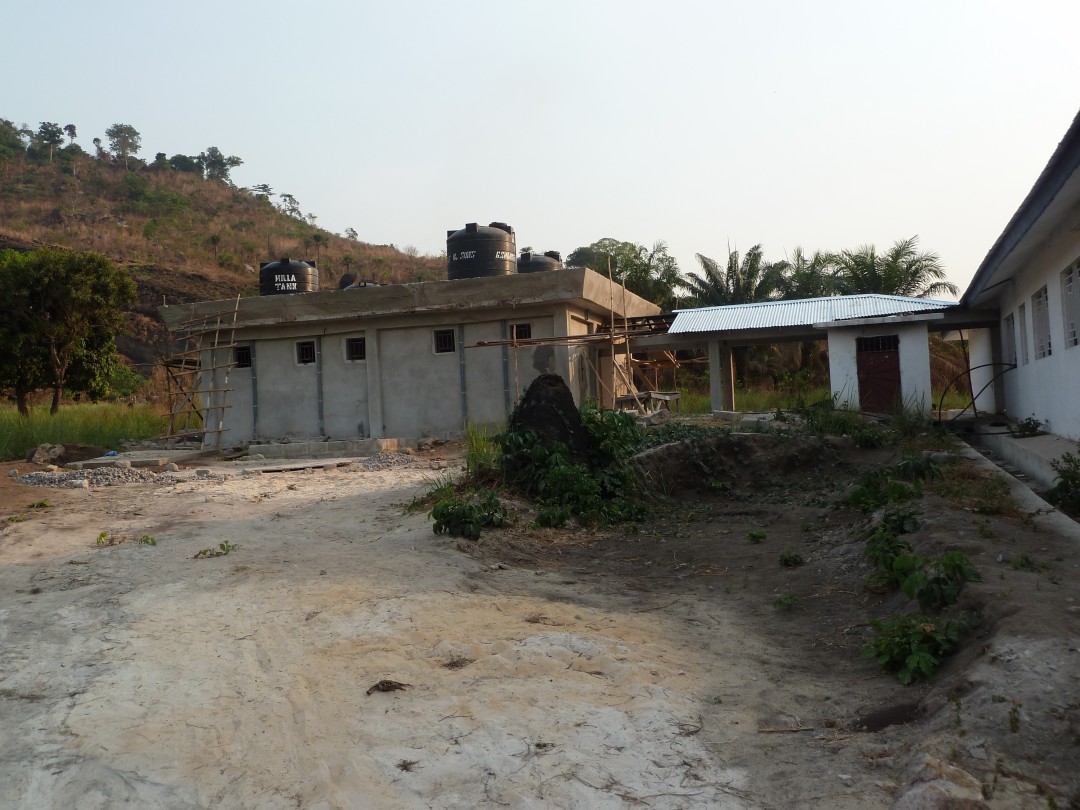
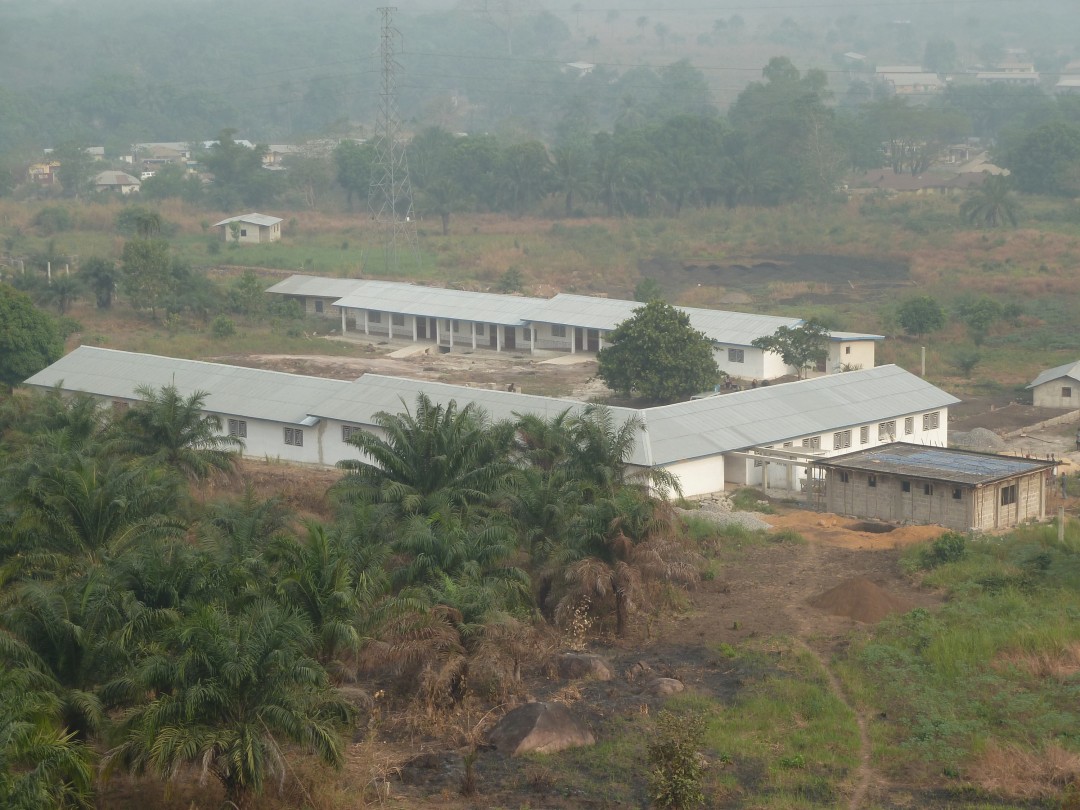
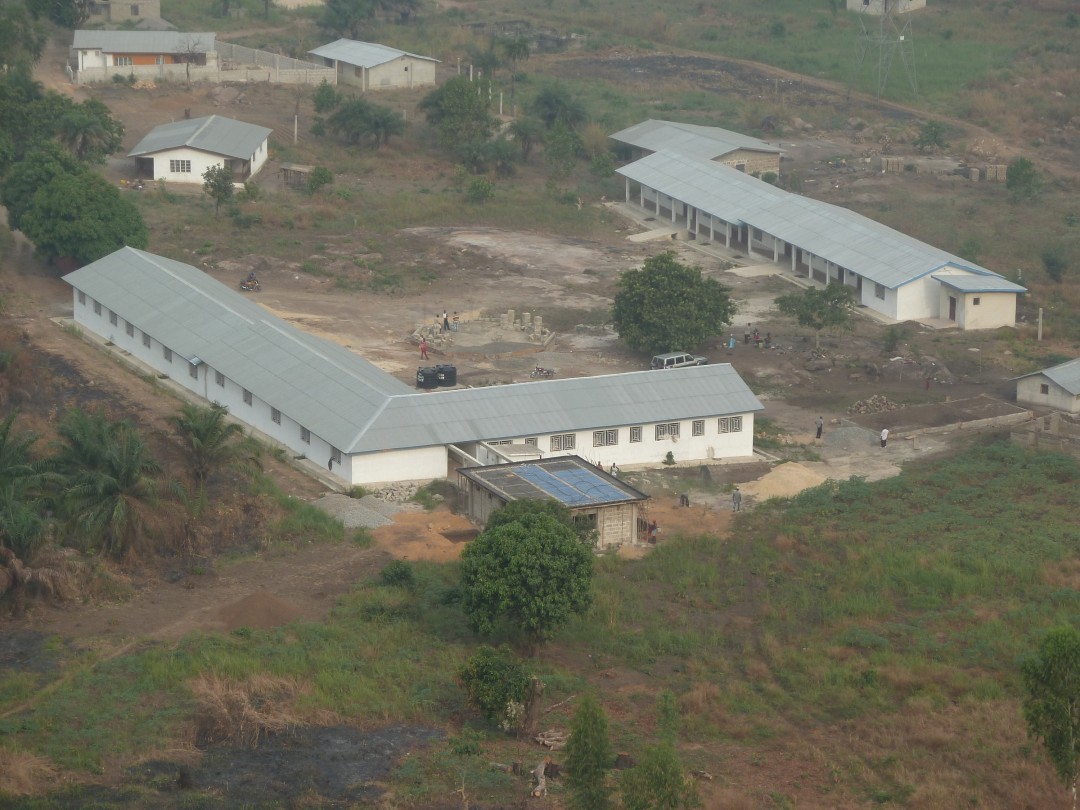
Sierra Leone
Population
7.6 million (2017)
Per Capita Income
USD 510/year (2017)
Poverty rate *
53% (2011)
Literacy rate
32% (2016)
Human Development Index
184th out of 189 countries (2018)
Sierra Leone has made considerable progress since the end of the civil war in 2002, consolidating peace, democracy and improving development indicators. The Sierra Leone government has prioritised and implemented reforms aimed at reducing corruption, providing health care and improving transport, power and public health infrastructures. Despite these significant political and socio-economic achievements, infant and maternal mortality rates are among the worst in the world. Poverty is heavily concentrated in the rural and other urban areas around Freetown. Underemployment remains a challenge and is especially acute in rural areas, compounded by a high level of illiteracy. The Ebola outbreak in 2014 added immense pressure to already fragile health systems.
Sources: World Food Program, UNICEF, World Bank, 2016 Human Development Report, Human Development Indices and Indicators (2018 Statistical Update)
*The percentage of the population living below the national poverty line.